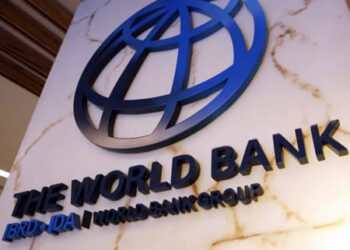Government debt or public debt is the total borrowing of a government minus repayment denominated in a country’s home currency. Although the evolution of borrowing was very slow , Government borrowing has become a customary decision amongst nations ,with different countries somewhat depending on each other for spontaneous finance.
Nigeria public debt as at march 31 2021 according to the debt management office which consists of debt stock of the federal government across 36 states stood at 107 trillion NAIRA or USD87.239 billion. We glean that the government borrows billions of dollars, do this act have any positively striking impact on our the daily lives ? Some argue acrimoniously that this loans are for investment and are to improve standard of living of the citizens in the economy but with reference to Alfred Marshall , Economics is basically the study of man’s ordinary business of life. Can we see the effects of the government’s economic decisions on the life of an ordinary Nigerian citizen or is it just a fiddle, The rate of borrowing is skyrocketing with President Muhammadu Buhari seeking to borrow another $6.1 billion dollars from bilateral and multilateral organizations.
Inflation has been on a carousel rate as it stood at 17.93% in June 2021 and sluggishly but optimistically decreased to 17.75% 3 days ago. In the past year Nigeria’s GDP has risen from $513 to $588 billion US dollars, However unemployment increased to 32.5% and is projected to increase in 2022as well as other key indicators . Although many key macroeconomic variables are in decline there seems to be some bright sparks in the economy.
Nigeria is a country with a potential revenue source to offset this public debt owed over a considerable period of time but should this be the a motivation or goad for continuous borrowing ?









